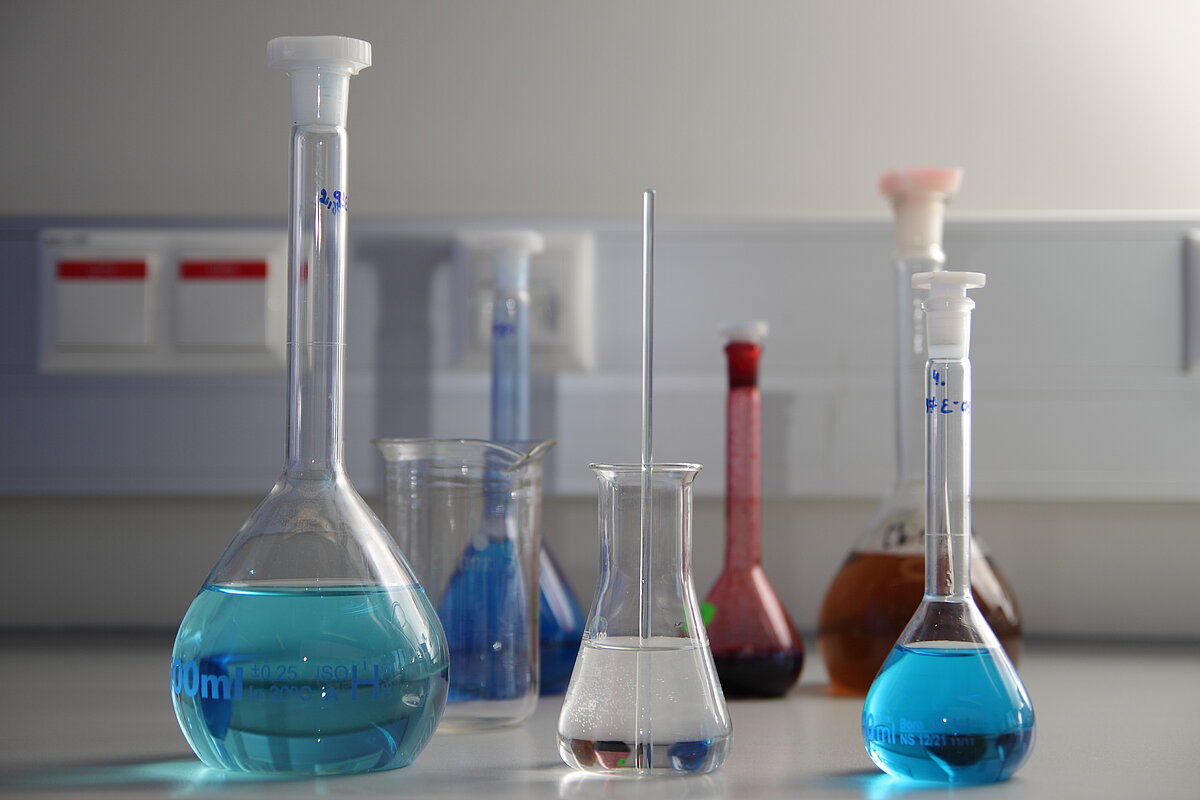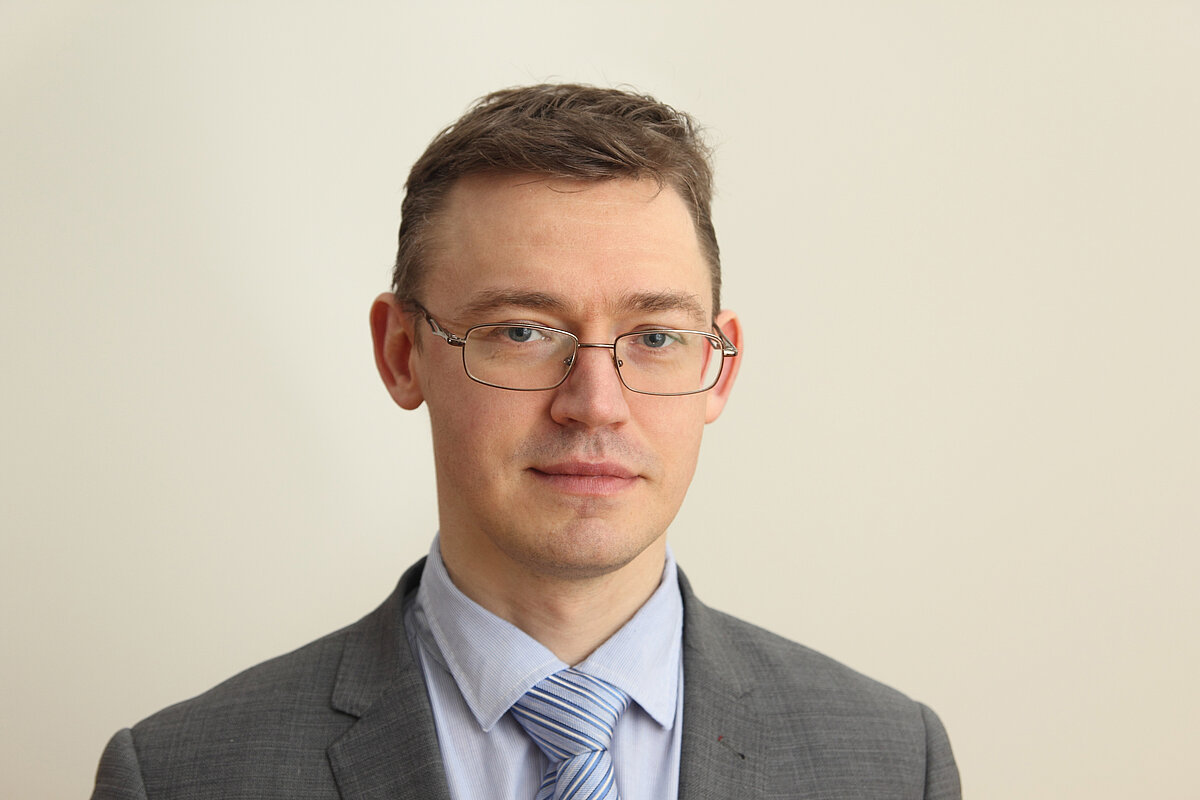
On July 20, 2016, Order No. 1/312 has launched the Academic Excellence and Commercialisation Support Programme marking the starting point of its long-term contribution. The programme is implemented by the Technology Transfer Office of the UL Department of Communication and Innovation (DCI).
It consists of two stages: the first evaluates the ‘excellence’ of science, the second – ‘commercialisation’ of science. As Maris Jansons, programme’s administrator and DCI consultant, says, ‘The University of Latvia is the first institution in the country that implements such system of academic support’. Let us look at what has been achieved in more than a year.
From Publications to Rewards
Corresponding publication co-authors do not need to apply for the reward programme. However, in accordance with Order No. 1/312, it is advisable that authors enter necessary information about their publications into the UL information system (LUIS), but even if it’s not done, the reward will not be lost. The programme evaluates all articles published in Web of Science in 2016. The UL Information Technology Department in cooperation with the UL Library retrieves all necessary information about publications in Web of Science from the database, checks whether they meet the specified evaluation criteria and passes the list to the DCI for reviewing.
Undoubtedly, not all publication sources are of the same level and, therefore, are evaluated accordingly with the help of quartile (Q) – the most important internationally recognised criterion of excellence in the academic environment (e.g. Q1 stands for the highest quality articles). The programme awards publications with Q1 and Q2 ranking only. The publications themselves are classified according to quartiles by Web of Science, not by the UL. Each quartile is composed of various assessment criteria.
Difference in quartiles is a subject of a subsequent review. If a publication on nano-physics has a rank of Q2, it does not mean that it will have the same ranking, for instance, in theoretical physics – there it might have a rank of Q1. In order to obtain the UL grant in natural sciences publications should have Q1 rank, while for articles in humanities and social sciences Q2 is also acceptable – this promotes the increase in publications in specific academic areas. After the list of publications is reviewed several times, agreements are drafted, notifications are sent and then starts the routine administrative work.
The reward of total EUR 1000 is given to a corresponding author of a publication who provides answers to any questions regarding their publication. Unfortunately, it is awarded solely to a corresponding author even if a publication has many co-authors from the UL. If several co-authors from the UL academic staff are indicated as corresponding co-authors, the rewards are provided to all of them. It must be noted that an awardee can choose to receive such reward as a salary bonus, use it to cover conference-related expenses or purchase such items as computer or re-agents.
Under the Academic Excellence and Commercialisation Support Programme EUR 200 000 was paid from the UL’s performance funding within the first year. There are 38 publications awarded so far, although some publications might have been accidentally omitted from the list. The reward or bonus must be used within one calendar year after signing the agreement with DCI. In some cases, the deadline can be extended – for example, when a specific conference takes place later than within a year. The maximum term of agreement is three years. Although the recipient should choose the form of reward within one month from the day of notification.
Contracts for You and Your Colleagues
The second stage of the programme is ‘commercialisation’ of science. As this word might seem sacrilegious for some, it is left in quotes for the sake of science. The term ‘commercialisation’ is used for UL research or development contracts with budgets exceeding EUR 1000 without VAT. The projects or contracts implemented in partnership and with financial support of the UL (e.g. Effective Collaboration programme, ERAF 1.1.1.1 etc.) are excluded. The reward as a percentage from the value of each contract is granted not to a project manager but to a person who attracts a project. Registering a project, the UL Department of Science specifies initiator of a contract who is also generally a project’s manager. However, if a UL physicist arranges that some company orders a research from the UL Faculty of Chemistry, he would get a bonus as the one who attracted the project. That is the nature of the programme. You don’t need to manage the project – just ‘bring’ it to us!
According to the programme, the bonus for the first contract under EUR 10 000 is 8%, for contracts above EUR 10 000 – 9%. It is known that researchers mostly live from projects and such bonuses serve as a great incentive. Our reward system motivates them to attract contracts both for themselves and for their colleagues.
Considering the novelty of the program, it would not be correct to jump to conclusions about the rate of increase in contracts as it depends on the number of interested enterprises and it is hard to influence their decisions. However, the new reward system encourages researchers to look for opportunities and communicate with companies about cooperation possibilities. Awarding contracts is more difficult compared to publications as the reward is provided upon conclusion of a contract, which may take several years.
Currently, the total calculated bonus is small but there are more projects in development, with a total amount reaching EUR 200 000.
Admittedly, it is difficult to process contracts as they are evaluated on a quarterly basis – one should request data from the Department of Accounting and Finance, compare transferred bonus with the value of contract and make sure that the total amount payable is received. Therefore, bonus recipients with long-term agreements might find themselves at a disadvantage and there might be a need in additional amendments, which will allow granting the bonus according to the amount paid within a certain period.
Ideas, Goals and Plans
The incentive itself belongs to the UL Media and Marketing Center (now the Department of Communication and Innovation). Ilze Grante, researcher from the Faculty of Chemistry, played an important role in programme’s development preparing its first outline at the request of Indriķis Muižnieks, Rector of the UL. Ilze says that the bonus system was designed to motivate scientists to be the best in their field and publish high-grade research, and to thank them for their work.
The idea of awarding contract bonuses was borrowed from the goal-oriented private sector, where bonuses often depend on sale and production volumes. Awarding 7-10% of the contract value to a UL employee who has attracted the contract is an incentive for their efficiency in the future.
After the first year, it is apparent that the programme needs various amendments in order to become even better – its internal structure should be fine-tuned and several technicalities adjusted.
Māris Jansons believes that the programme reflects the values of the UL staff and shows their love for their job because many researchers selflessly share their publication bonuses with co-authors. One of the awardees chose to purchase a much-needed centrifuge for the Faculty of Chemistry and another, professor from the Faculty of Physics and Mathematics, split the bonus with his young co-authors. Although the programme does not specify that the bonus may be divided, the University management was lenient and allowed that to happen. There is joy in giving. Why rid people of that?
Some Facts about the Support Programme
First Year Results
Contracts
· The bonus was calculated for 28 contracts (signed after July 20, 2016; contracts were paid in full)
· Allocated bonus – EUR 9114 (total value of contracts - EUR 134 949)
· Bonus was awarded to 19 employees of the University of Latvia
· Contracts attracted by DCI’s Technology Transfer Office – 11
Publications
· Awarded publications – 38
· 32 publications in Natural science
· 6 publications in Humanities and Social Sciences
· Total bonus granted – EUR 38 000.

 CONFERENCE
CONFERENCE